Rajkumari Shukla
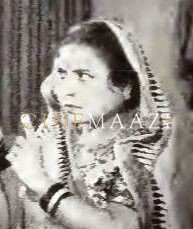
Subscribe to read full article
This section is for paid subscribers only. Our subscription is only $37/- for one full year.
You get unlimited access to all paid section and features on the website with this subscription.
Not ready for a full subscription?
You can access this article for $2 , and have it saved to your account for one year.
- Born: 1903 (Calcutta)
- Died: July 14, 1946
- Primary Cinema: Hindi
Born in 1903, Rajkumari Shukla hailed from a well-known Brahmin family in Calcutta. Brought up according to the customs of the time, she was virtuous and well-versed in household chores. She was married off well by her family; however, her marital life proved to be full of strife and unhappiness. Her marriage ended when her husband once subjected her to a brutal beating and drove her out of the house.
Alone and sans support, she headed to Jagannath Puri in Orissa (Odisha), where she found shelter in an ashram. As her tragic story and marital problems became known, a well-meaning priest decided to help. He managed to contact Rajkumari’s parents and informed them of her situation. Her elder sister soon arrived at the ashram to take Rajkumari back home.
Rajkumari was fond of the theatre. She would sometimes procure passes for plays from a local theatre actor, known as Gujarati Baba, who lived nearby. The theatre provided a welcome respite from the reality of her unhappy past. Watching plays come alive on the stage, she also experienced a keen desire to act herself. Her aspiration received a boost from Gujarati Baba, who convinced her to go ahead and adopt acting as a profession.
Pursuing her goal, in 1933 she joined the film production company Madan Theatres, which produced several popular and landmark films. She began her career as a leading lady. The media of the day raved about her striking good looks, describing her features thus - “hilaali abroo, tez aankhen, kushaada peshaani aur siaah zulfen”.
Rajkumari Shukla excelled in emotional roles. She also straddled both the realm of silent films and the talkies. Starting off in silent films, she went on to make a strong impact when sound arrived in Hindi cinema. Besides Madan Theatre, she worked in other film companies as well. Her cache of memorable films includes Fariyaad (1942), Chandni (1942), Sharda (1942), Panghat (1943), Tulsi (1941), Swami (1941), Ek Raat (1942), Man Ki Jeet (1944), School Master (1943), Dulhan (1943), Badalti Duniya (1943), Aankh Micholi (1942), Raj Nartaki (1940), Jhoola (1941), Najma (1943) and Rattan (1944).
In time, she went on to feature mostly as a character artiste and vamp. Excelling at negative roles, her graphic and convincing emoting is said to have made the audiences shiver in disgust. However, it was her roles in films like Ek Raat, Swami, Jhoola, Fariyaad and Dulhan that found special appreciation from film-goers. Acting in a total of 31 talkie films, Rajkumari Shukla also worked in a few Gujarati and Bangla films. Her last recorded Hindi film was Nai Maa (1946). An actor and not a singer, she did, however, sing just one song in her career. A duet along with Baby Tara, it featured in the film Panghat (1943).
Incidentally, Rajkumari was apparently a popular name in Hindi cinema, with no less than three artists bearing the same name. This inadvertently led to considerable confusion, especially among students of film history. During the same time as Rajkumari Shukla was active in films, another more famous actress-singer Rajkumari Dubey Banaraswali was also in the limelight. In fact, both the actresses featured in a few films together, with songs rendered by Rajkumari Dubey Banaraswali. Rajkumari Shukla passed away on July 14, 1946.
References
(Some information for the above has been taken from the Urdu book, ‘FilmiTitlian’ published in 1945, and Film Directory – 1946)
-
Filmography (32)
SortRole
-
Nai Maa 1946
-

Hamara Sansar 1945
-
Gulami 1945
-
Sharbati Ankhen 1945
-
Village Girl 1945
-
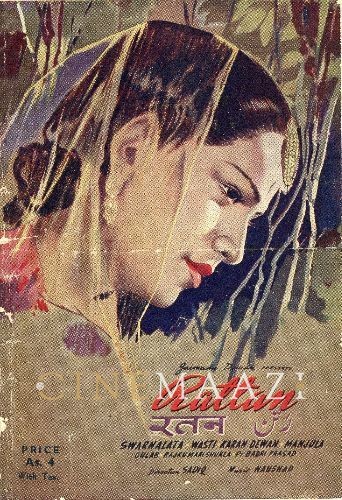
Rattan 1944
-
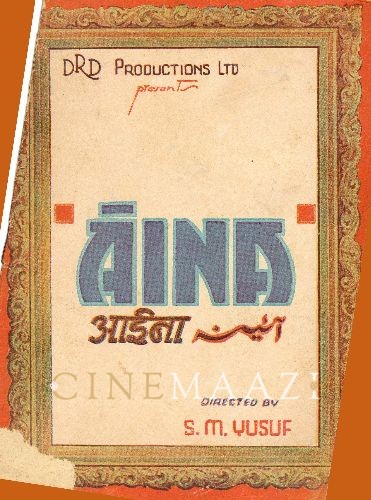
Aaina 1944
-
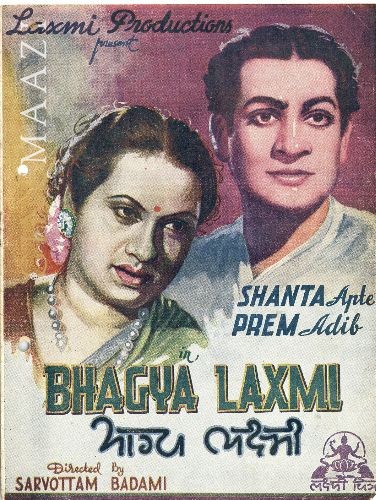
Bhagya Laxmi 1944
-
Dr. Kumar 1944
-
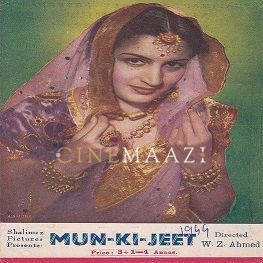
Mun Ki Jeet 1944
-
Maa Baap 1944
-

Namaste 1943
-






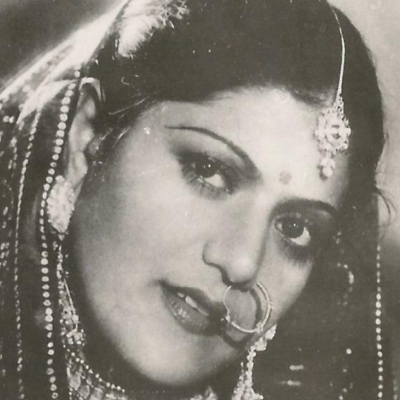


.jpg)



